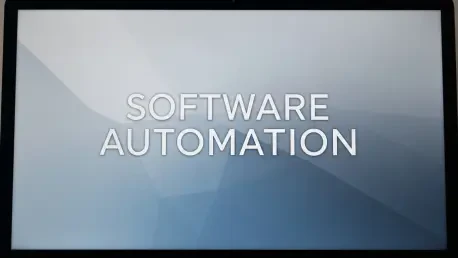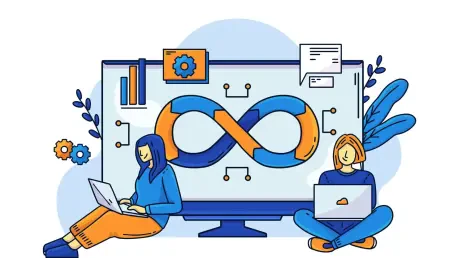

What happens when the backbone of modern business—IT operations—faces a force so dynamic that it rewrites the rules of stability and control? Imagine a world where systems aren't built to last but to appear, act, and vanish in the blink of an eye, solving problems with surgical precision before

What happens when a powerhouse in semiconductor technology acquires a cornerstone of open-source innovation? The tech world is buzzing with anticipation as Qualcomm, a leader in advanced computing, has merged with Arduino, a platform cherished by over 33 million developers globally for its

Understanding Software Automation in Today's Landscape Software automation has become a cornerstone of modern industries, revolutionizing how businesses operate by streamlining repetitive tasks and enhancing productivity across various sectors. Its prevalence is evident in the widespread adoption

The Rise of AI Coding Tools in Software Development The software development industry stands at a transformative juncture, with AI coding tools reshaping how code is written and projects are delivered, reflecting a broader trend of leveraging artificial intelligence to accelerate tasks. As of this

The DevOps Revolution: A Foundation Under Strain The DevOps landscape in 2025 stands as a cornerstone of modern software delivery, fundamentally reshaping how organizations build and deploy applications with unprecedented speed and automation, while enabling teams to break down silos between

In an era where artificial intelligence drives everything from personalized customer experiences to critical business decisions, ensuring the reliability of AI systems has never been more urgent. With global AI software revenues projected to grow at over 20% annually, the stakes for flawless

Setting the Stage for Enterprise Innovation Imagine a multinational corporation struggling to keep pace with rapid market demands, bogged down by lengthy IT development cycles that delay critical business solutions, a scenario all too common in enterprise environments where traditional coding

Imagine a world where complex software is written in minutes, mathematical problems once reserved for elite competitions are solved with ease, and financial systems operate with unprecedented precision—all driven by a single artificial intelligence system. This scenario is no longer a distant

Overview of Cloud Adoption and Compliance Challenges In 2025, imagine a multinational corporation facing a multimillion-dollar fine after a data breach in its cloud infrastructure exposes sensitive customer information, highlighting the stark reality for businesses that fail to prioritize

Overview of the ERP and Banking Integration Landscape Imagine a world where financial operations for businesses are so seamless that toggling between separate systems for banking and enterprise management becomes a relic of the past, transforming how commercial clients operate in today’s fast-paced
ITCurated uses cookies to personalize your experience on our website. By continuing to use this site, you agree to our Cookie Policy